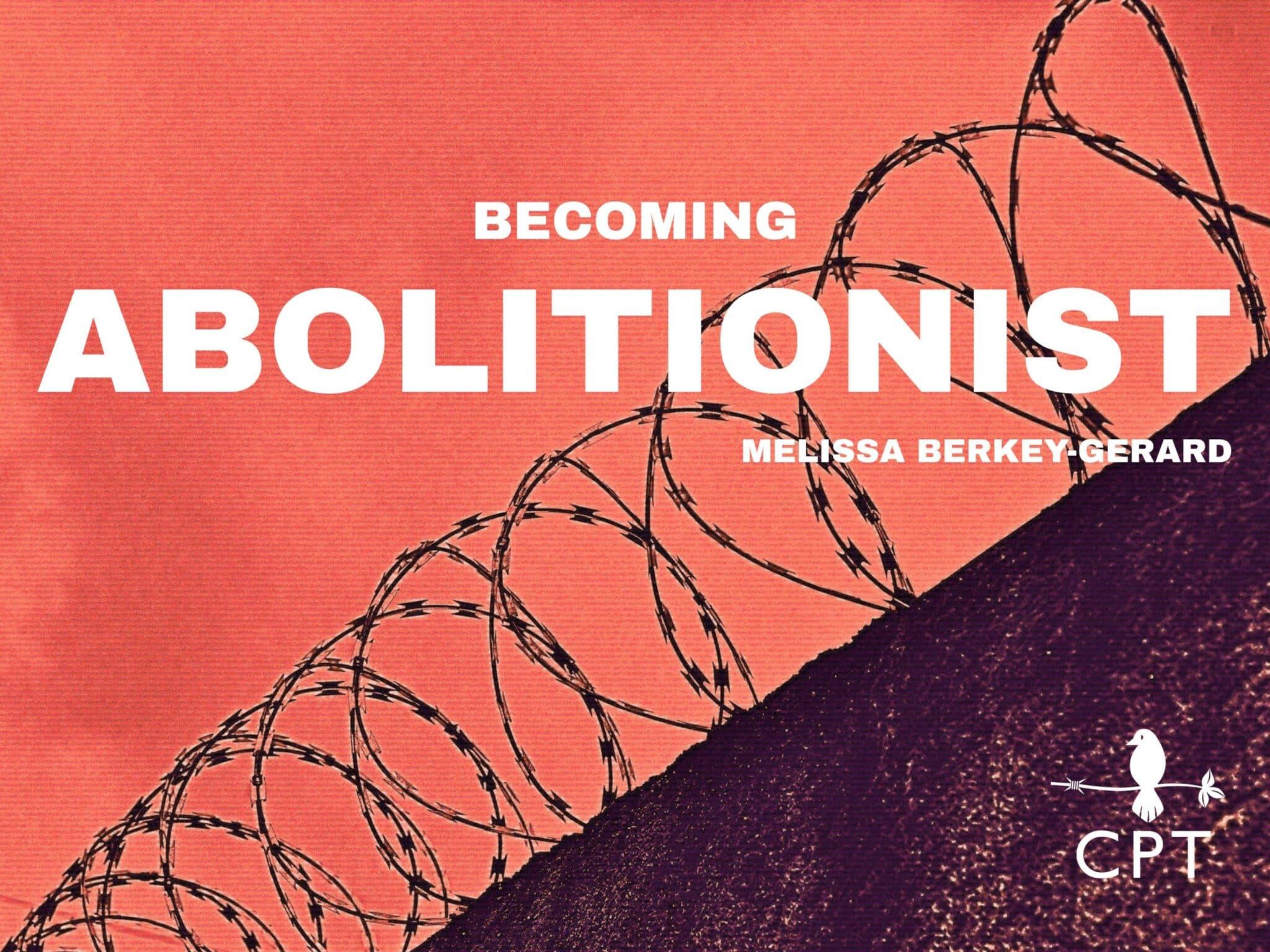Bryan Stevenson says, “Everyone is more than the worst thing they’ve ever done.” Stevenson, founder of the Equal Justice Initiative, defends those who are unfairly imprisoned, especially those wrongfully condemned to death row in the US. He has dedicated his life to ending the injustice that is the death penalty. If we start with the belief that each person is deserving of grace and dignity, regardless of what they have done, we can imagine a different approach. A premise that people deserve a second chance, a real opportunity for transformation and restoration, healing from trauma and a way out of poverty. An outlook that recognizes that the current system both criminalizes poverty, and profits from incarceration.
- Home
- About Us
- Issues
- Countries
- Rapid Response Network
- Young Adults
- Get Involved
- Calendar
- Donate
- Blog

